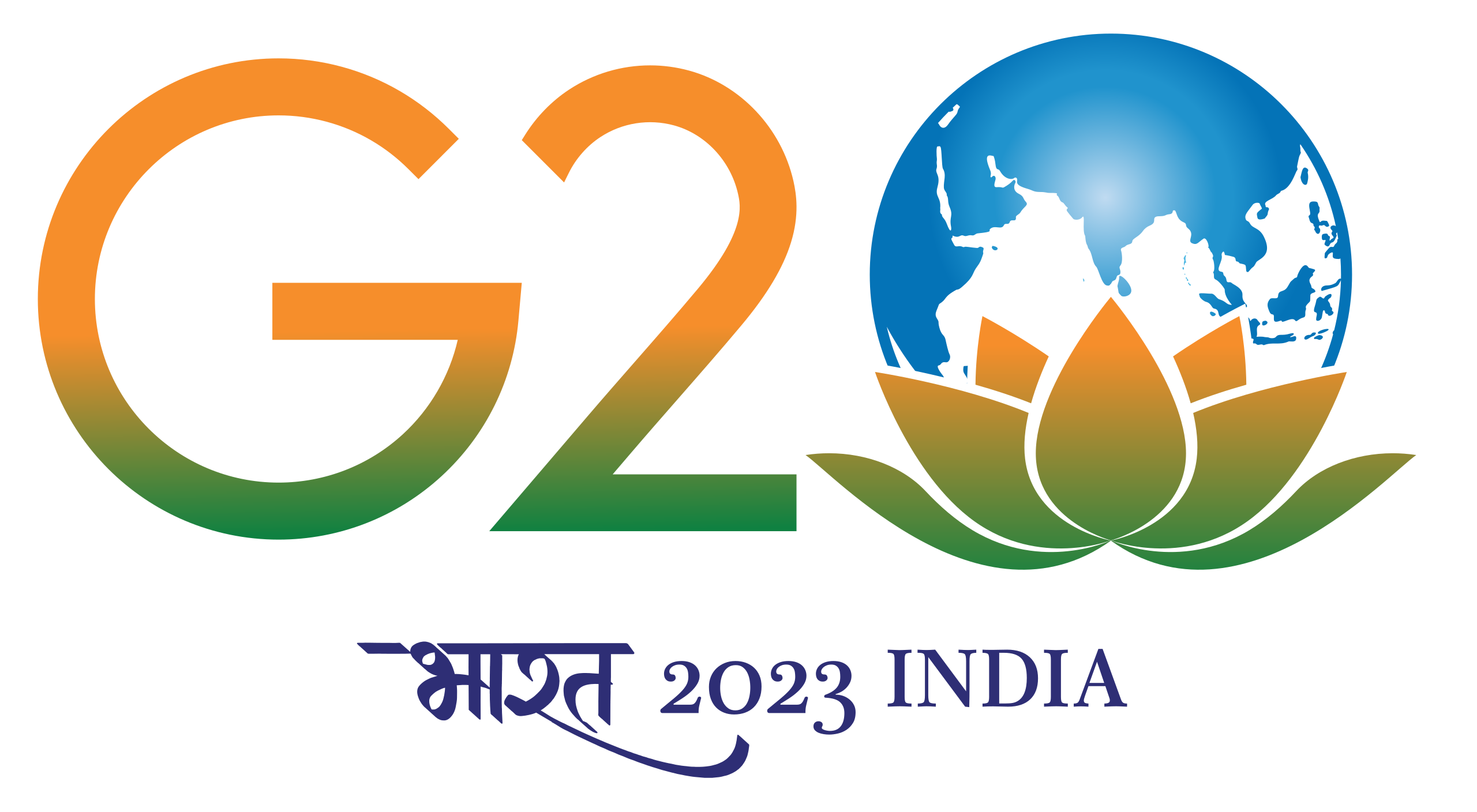Electric Vehicle Engineering
The EV push in India creates a lot of business opportunities mainly in three major sectors- mobility, infrastructure and energy, like anywhere in the world. The Electric Vehicle is powered by an electric motor. Motor-drive technology is one of the major areas of development under EV. Selecting appropriate drive for the vehicle is one of the biggest challenge satisfying torque and speed requirement and also efficiency cost. There are three major Power Electronic elements in the electric vehicle: Traction Inverter, DC-DC Converter and Battery Charger.
Without understanding vehicle dynamics and thermal management, no industry can initiate EV manufacturing. There are new players entering into the market every day from e-bike makers to Level-3 autonomous electric vehicles. To this end, the Government (GoI) of India has already put schemes, e.g., FAME, in action, and is actively looking for collaboration with the relevant industries and academia. While the industry is expected to focus on the production and distribution of electric vehicles, the responsibility of training and development of the manpower is assigned to the academia.
If we look into the current scenario, a large number of graduates in Electrical Engg , Automobile Engg & Mechanical Engg and related areas are looking ahead to make their career in E-Mobility sector. But only UG degree is not sufficient to tackle the complex problems of the EV sector. At the same time basic understanding of electrical, automobile and mechanical engineering is required to understand the EV technology. So a specialized higher degree course i.e. M.Tech in Electric Vehicle Engineering is the need of moment.
As this whole industry focuses on the improvement of efficiency of the vehicle with decrease in initial as well as maintenance cost, the engineers are required to go through deep research on different techniques with multi-dimensional approach. This can be done by trained professionals who have not only learnt the concepts well but also have practical exposure. As per current Govt policies, by the end of 2030 the E-vehicle industry will be at their peak and the requirement of human resources will be increasing manifolds.
The proposed M Tech programme on Electric Vehicle engineering at NIT Calicut , is a regular course offered to working professionals from industries/organizations/R &D institutions and also to self-financing candidates. Working professions can take this M Tech degree without affecting their job as the theory classes are online in evenings/holidays. GATE score is not compulsory for self-financing candidates.
This programme is associated with industries like BOSCH, Mahindra Electric, TATA Elxsi. The Curriculum is designed by academic and industry experts from India and abroad. The syllabus covers EV Power train: Drives and Control, Energy Storage Systems for EV, Sensors for EV system, EV Charging Infrastructure and Analysis, EV Product Design, Electric Vehicle System Engineering and Policy, Vehicle Dynamics etc along with simulation and hardware laboratories.

